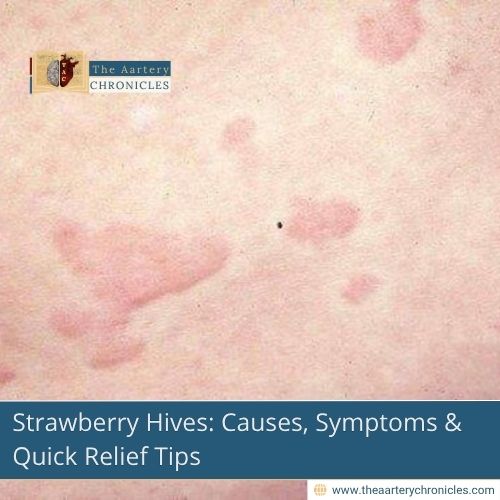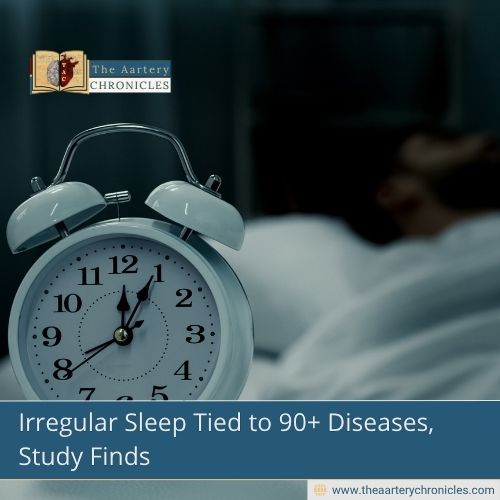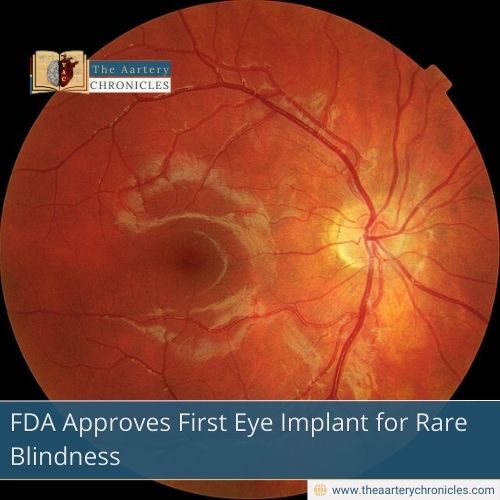

Shocking Link Found Between Gum Disease and the Brain
Researchers at King’s College London have found a possible connection between bacteria in the mouth and gut and the worsening of cognitive symptoms in Parkinson’s disease. This includes the shift from mild memory issues to full-blown dementia a common and distressing stage of the disease.
Their study, published in the journal Gut Microbes, sheds new light on how changes in bacteria also known as the microbiome might not only reflect Parkinson’s disease but also contribute to its progression.
How Mouth Bacteria Can Affect the Brain
The human body has a complex network known as the oral-gut-brain axis. This means that bacteria from the mouth can travel to the gut, disrupting its balance. This new research suggests that when harmful mouth bacteria move into the gut, they may trigger inflammation and produce toxic substances that harm the brain over time.
One example is the bacterium Porphyromonas gingivalis, which is commonly found in gum disease and has also been linked to Alzheimer’s disease.
What the Study Found
The research team analyzed saliva and stool samples from 228 individuals. These included Parkinson’s patients with mild memory issues, those with more advanced dementia, and a healthy control group. The findings were clear:
- People with more severe cognitive problems had higher levels of harmful gut bacteria, many of which likely came from the mouth.
- At the same time, beneficial bacteria, like Faecalibacterium and R. intestinalis, were reduced.
- These changes were connected with increased levels of virulence factors toxic proteins produced by bacteria that damage tissues and may contribute to brain inflammation.
This movement of mouth bacteria into the gut is called oral gut translocation. It could explain how gut imbalances might influence brain health.
Could These Bacteria Predict Dementia?
Using artificial intelligence, the researchers identified specific bacterial species and toxins strongly linked to cognitive decline. These discoveries open the door to developing biomarkers of biological signs that help detect early brain changes in Parkinson’s.
According to Dr. Frederick Clasen, lead author of the study, “We’re not yet sure whether these bacteria are causing dementia or if the disease allows them to thrive. However, our results strongly suggest they could make the symptoms worse.”
Importance of Oral and Gut Health
This study highlights how important oral hygiene and good nutrition are for people with Parkinson’s, especially as the disease advances and patients rely more on caregivers.
Dr. Saeed Shoaie, senior author of the study, emphasized, “As Parkinson’s progresses, daily habits like brushing teeth or eating well can be overlooked. But maintaining a healthy balance of bacteria in the mouth and gut could help slow down brain decline.”
What This Means for Future Treatment
The next steps in this research will focus on whether changing the microbiome can improve brain health. Possible strategies might include:
- Better oral hygiene routines
- Dietary changes that support good bacteria
- Probiotic supplements or medications that target harmful bacteria and their toxins
If successful, these simple interventions could become part of future treatment plans aimed at slowing or even preventing dementia in people with Parkinson’s.
Conclusion
This study is part of growing evidence showing how closely the gut, mouth, and brain are connected. By keeping the microbiome in balance through daily care and smart interventions, we may be able to better manage or even prevent some of the most serious symptoms of Parkinson’s disease.
Good oral and gut health may not just benefit your digestion it could also help protect your brain.
Source: Inputs from various media Sources

Priya Bairagi
Reviewed by Dr Aarti Nehra (MBBS, MMST)
I’m a pharmacist with a strong background in health sciences. I hold a BSc from Delhi University and a pharmacy degree from PDM University. I write articles and daily health news while interviewing doctors to bring you the latest insights. In my free time, you’ll find me at the gym or lost in a sci-fi novel.








